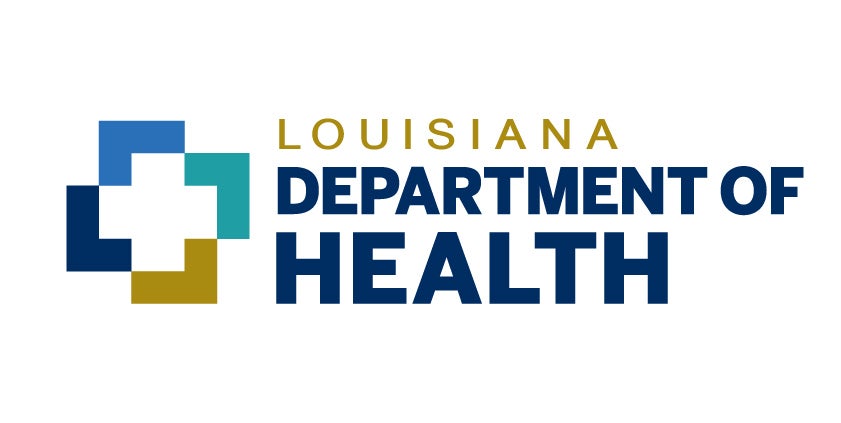The oversight hearing focused on proposed rules approved unanimously by the Louisiana State Board of Nursing to remove prohibitions against APRNs prescribing controlled substances to treat obesity and chronic pain.
The move is backed by nursing associations that contend the change is necessary to ensure patients can continue care from APRNs when pain issues become chronic and alleviate a healthcare shortage in rural areas.
Karen Lyon, executive director for the state nursing board, explained to lawmakers the various levels of oversight APRNs would be subject to if the rule was approved, including federal laws and regulations and other stipulations governing nurses.
“We feel like these were restrictions that were interfering with access to good care in the state of Louisiana,” Lyon said.
Lyon said “It’s difficult to determine when acute becomes chronic” pain, and the change would ensure patients won’t face a delay in securing a prescription from a doctor.
“There were some allegations made in letters … that alleged we do not have proper oversight and that allowing these restrictions to be removed would result in willy-nilly prescribing opioids for obesity and chronic pain,” she said. “There is no evidence to actually support that. We have many safety rules in place.”
Lyon pointed to data that showed that over 90% of opioids prescribed in the state come from doctors and argued APRNs have a 30-year track record of safety since gaining authority to prescribe medications for all conditions except chronic pain and obesity.
Lawmakers on the committee questioned why the nursing board had not included procedural rules to stipulate how APRNs would prescribe controlled substances for those conditions to accompany the proposed change, much like the Louisiana State Board of Medical Examiners does for physicians.
Lyon said the board planned to develop procedural rules once the proposed rule change was approved.
Lawmakers also noted a flood of letters both in opposition and support of the change, particularly from doctors expressing concerns about the opioid crisis. Legislators suggested the boards of nursing and medical examiners work together to find an agreement on the issue, despite several failed attempts in the past.
Physicians who testified highlighted the lack of guardrails for prescribing opioids if the rule is removed, and questioned unintended consequences, from accelerating the current opioid crisis to accidental child overdoses.
“My concern is more to do with accidental overdosing and unintended consequences of increasing opioid prescribing in the state,” said Jamie Kuo, a New Orleans physician. “I not only oppose this rule, I oppose any expansion of opioid prescribing in the state.”
Sen. Fred Mills, a Republican pharmacist from St. Martin Parish, ultimately challenged both sides to work on coming to an agreement before the committee voted unanimously to reject the proposal.
“I feel this rule is not ready for prime time,” Mills said, citing a lack of procedure for prescribing nurses.
The committee will now have four days to produce a report of unacceptable, after which Gov. John Bel Edwards will have 10 days to overrule the committee, otherwise, the committee action will stand, Mills explained.






